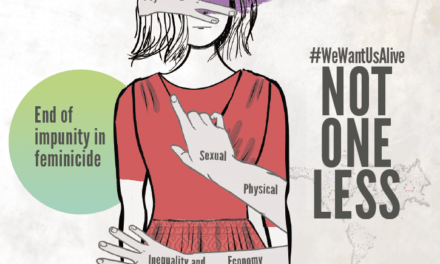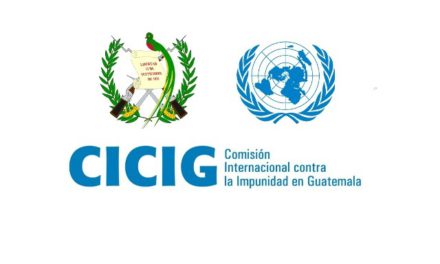The European Union – Central America Association Agreement (AA) was signed in 2012. It consists of three pillars: political dialogue, cooperation and trade. To date only the trade pillar is in force, pending EU ratification of the other two pillars. The Association Agreement will provide the future legal framework for EU-Central American relations once the three pillars are in force.
Civil society is involved in monitoring the AA through mechanisms for participation explicitly set out in the Association Agreement, such as the civil society advisory groups or the Meeting of the Civil Society Forum on Bi-Regional Dialogue (mentioned in the preceding article). Civil society also participates by carrying out its own analysis and awareness-raising activities and monitoring the impacts of the AA in the populations of the two regions.
Moreover, the Association Agreement includes in its provisions references to a number of agreements on labour and environmental issues, which civil society should take into account when monitoring the Agreement.
To find out more about the EU-Central America Association Agreement, we have prepared a brief document which includes the following issues:
When was the agreement signed? What does it include? What is the ratification process? What official spaces are contemplated within the AA for the participation of civil society? Does the agreement contain a democracy clause? What does it contemplate in relation to trade and sustainable development?
For the answer to these and other questions, please refer to our leaflet:





